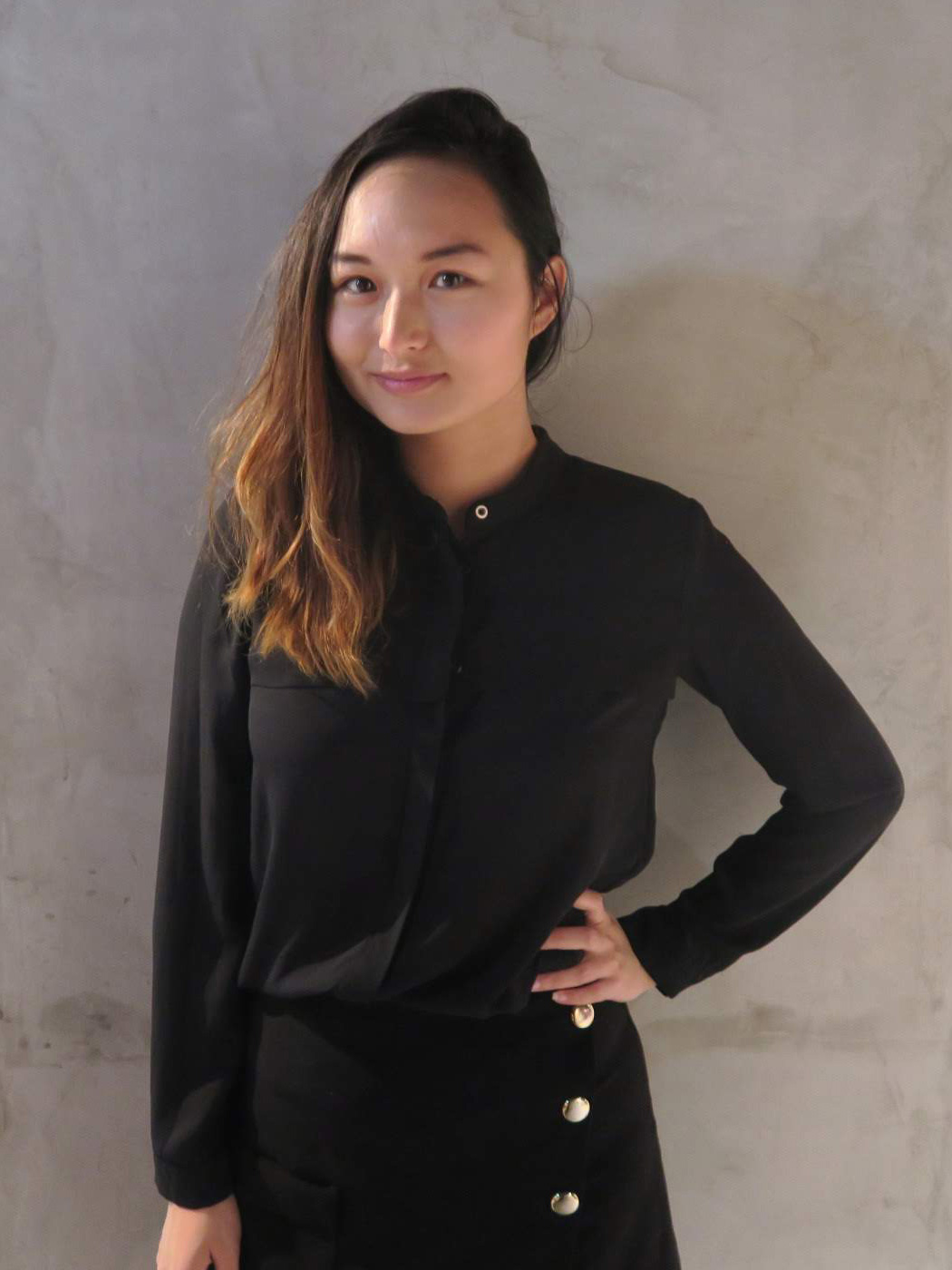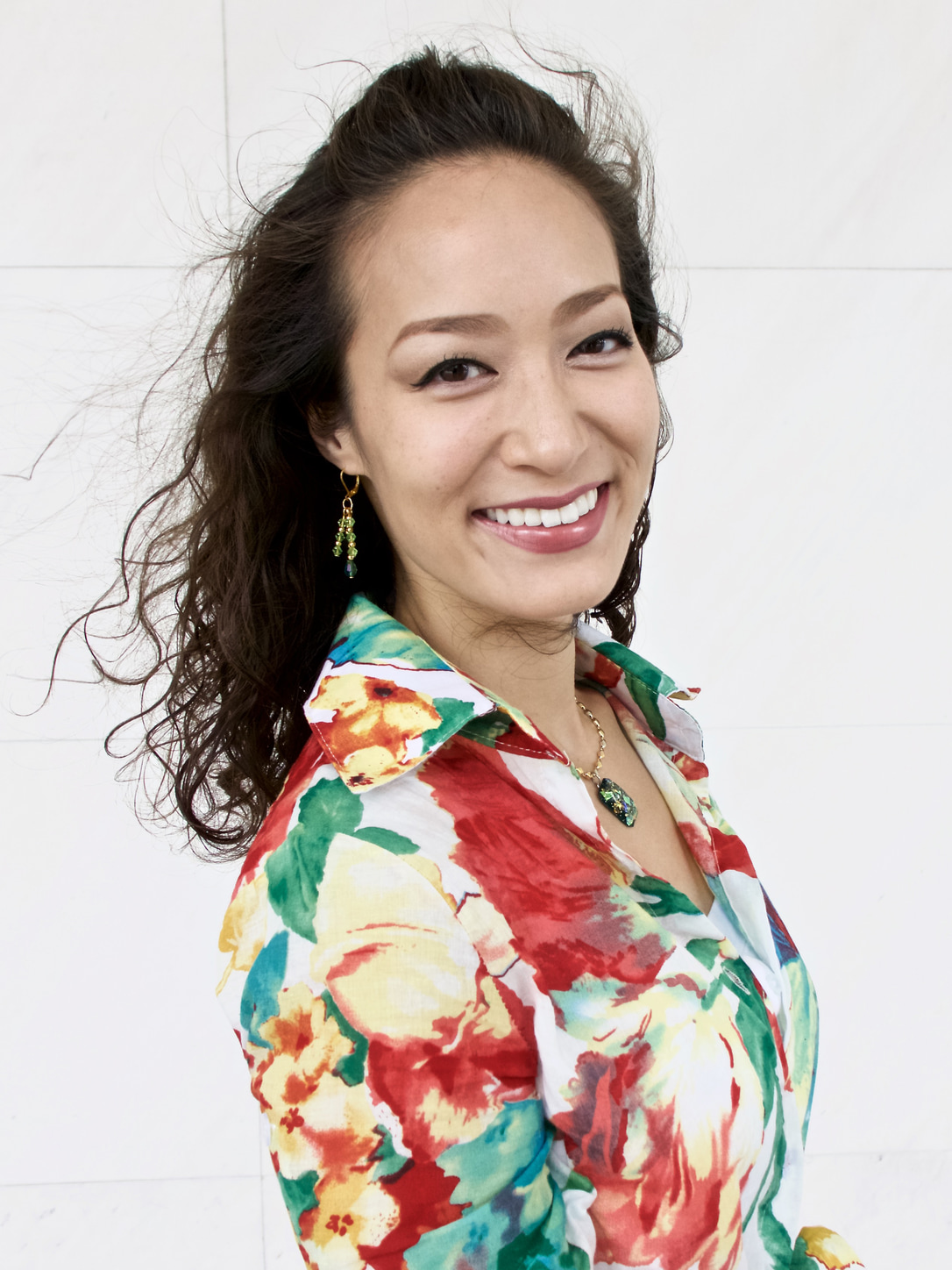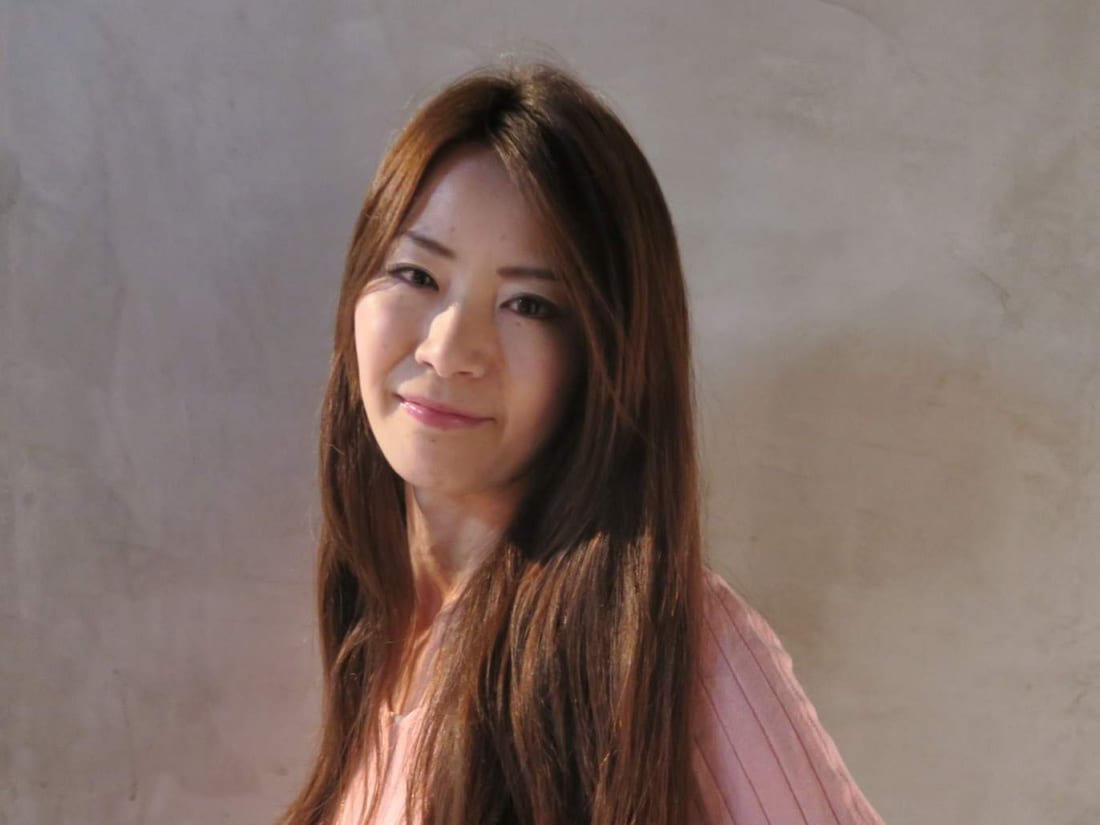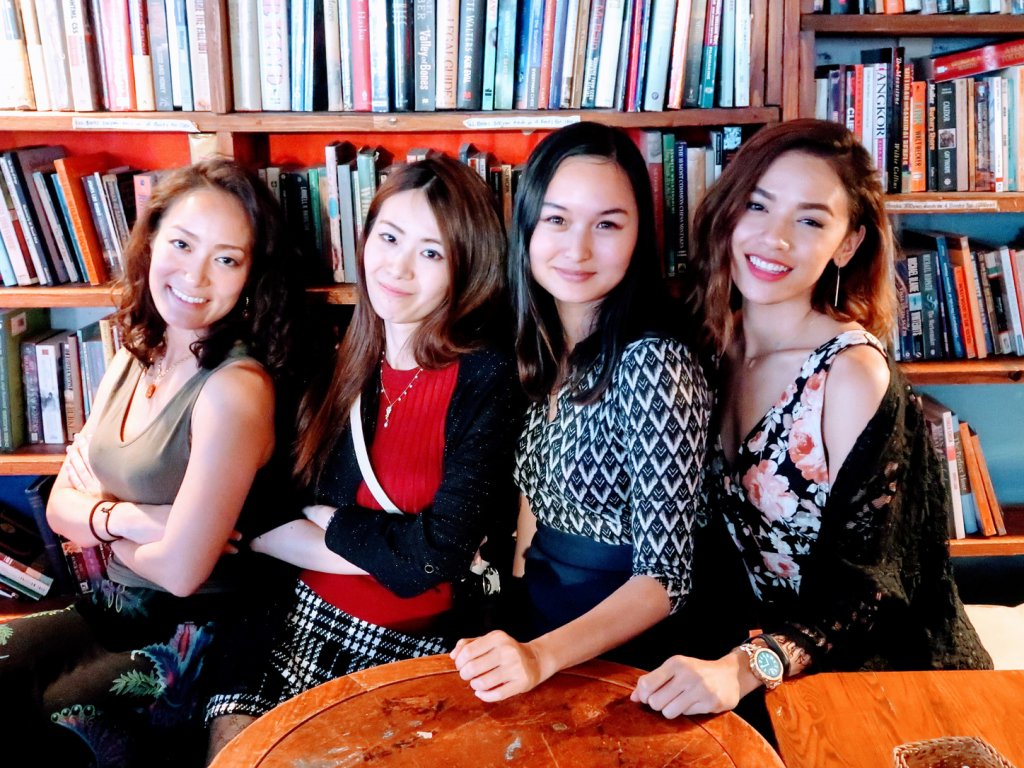When Amee Xu began setting up her own business in Tokyo, she had no idea where or how to start. She searched for a community that offers female entrepreneurs the support she was looking for, but to no avail. So, she started her own community. Now, every month a growing number of entrepreneurial women (and men who support women in business) gather for Startup Lady Japan, an organization created and launched this year by Xu together with co-founder Moeko Suzuki, creative director Steffie Harner, and events director Koko Sato.
The monthly three-hour events held in Shinjuku currently attract up to 45 women. They consist of networking, an introduction to Startup Lady and discussion time – each event features a different discussion topic related to issues relevant to female entrepreneurs in Japan. The events cost up to ¥2,500 for a door ticket, which includes two drinks, but demand is so high that spaces often run out well before the day.
Behind the Need
There are fewer women than men in general around the world who pursue entrepreneurship, and that number is far lower in Japan. According to the OECD Entrepreneurship at a Glance 2017 report, the number of Japanese women who are either self-employed with employees (0.9%) or “own-account” workers (4.4%) is significantly lower than the OECD average. The number of Japanese women who express a desire to start their own business (22%) is also very low compared to countries like the United States, where 57% of women show a preference for entrepreneurship.
Reasons for this are multifaceted. In Japan, this includes a perceived gap in opportunities that would help female entrepreneurs. The OECD report showed that just 17% of Japanese women, compared with 31% of Japanese men, said they had access to training on how to start or grow a business. The OECD average is 43% of women and 50% of men who say they have access to such training. The report also revealed that unlike most other OECD countries like Canada, the US and the UK, relatively few people in Japan consider entrepreneurs to be good role models, and this perception is less positive among women.
“We want to provide something that’s going to help women entrepreneurs achieve what they really want to do”
Both Xu and Suzuki also point to strong social pressures on women to fulfill traditional gender roles as something holding women back from entrepreneurship. “Here, the typical great woman is supposed to be very quiet, modest, follow the husband and take care of the kids,” Suzuki says. “The strong female image is not something men want a woman to have, or something that society wants women to have.”
And if women do defy social expectations, they are often forced to give up something – usually family. Both Xu and Suzuki say that the vast majority of successful female entrepreneurs they have met in Japan so far are unattached and have no children. Suzuki points out that childcare conditions in Japan don’t help. Families are often forced to pay large amounts of money for good childcare or wait months for their child to get accepted into a kindergarten. A Kyodo News survey released earlier in the year showed about 35,000 children up to two years old were rejected in the screening process for municipal daycare facilities across 66 municipalities in Japan. There were just under 175,000 applicants.
These factors add up to a lack of Japanese women in business who can share their knowledge with other women, as well as a lack of female role models for younger generations.
Changing Perceptions
One of the ways that Startup Lady hopes to address this information gap issue, aside from regular events, is through a video interview series with female entrepreneurs who have successfully built businesses in Japan and want to share their experiences. Xu says this is also their way of inspiring younger generations to change perceptions around women and their roles in society. “I have seen so many bright young women graduate from top universities, they marry and become housewives or quit their job to be a receptionist in order to balance out family life,” Xu says. “That women have achieved such a high degree of literacy and education only to conform to what society expects of them … for me, that is something I want to inspire the next generation to change.”
Startup Lady may be a new venture, but its co-founders have big dreams for it. The team is working hard on developing partnerships with local organizations so they can start offering services and practical workshops on topics ranging from accounting, law and visa immigration to time management, marketing and digital literacy. They want to see it become a multinational organization, with impact across culture and industry. Suzuki says there is incredible potential for the group to grow. “We want to provide something that’s going to help women entrepreneurs achieve what they really want to do. There are a lot of struggles that we want to lessen and we want to make a community that will last.”
For more info and to sign up for Startup Lady events, visit the Facebook page:
www.facebook.com/startupladyjp
Meet the Founders
Amee Xu
After attending university at UC Berkeley, founder Amee Xu, who is Chinese-Canadian, went on to help build a startup in San Francisco before moving to Japan three years ago. After working in a corporate environment for two years, she decided to establish an e-commerce company where people can shop using virtual reality headsets. She says that although the decision brought uncertainty to her life, it ended up being one of the best decisions she ever made. “A lot of people have a passion for something, but they keep postponing doing the things they love for stability,” she says. “We’ve all had some point in our lives where we thought, What am I doing? But at these times, embrace it. You’re at a crossroad where you will make life-changing decisions.”

Koko Sato
Startup Lady events manager Koko Sato grew up in Austria before moving to the US for university. Not knowing what she truly wanted to do with her life, she began volunteering, eventually working with a non-profit on public policy. After moving to Japan, Sato took a course on life coaching and is now launching her own life coaching startup as well as a jewelry business. “It’s okay to make mistakes. It’s okay to be not good enough in the beginning. We all start somewhere,” she says.

Steffie Harner
Creative director Steffie Harner moved to Tokyo from the US two years ago after working in content creation for a corporate wellness company. She tells TW that being involved with Startup Lady and being surrounded by ambitious, passionate women is profoundly impactful. “If I can help give support to women who are feeling lost and want to do something more with their lives, then that is so motivating for me.”

Moeko Suzuki
Moeko Suzuki was born in Japan and lived in London while at high school, before moving to the US for university. After four years of working in marketing, she set up a service to help companies with overseas business development. Her big dream, however, is to get involved with reforming education – specifically, using education to help people find the confidence to realize their own passions and life goals. “Every choice you make shapes your life. You need to make decisions on your own. You’re not walking somebody else’s road.”

Other Empowering Groups and Events in Tokyo
For Empowering Women (FEW): Originally called Foreign Executive Women, this organization was founded in 1981 by two foreign female entrepreneurs and is now a growing organization dedicated to help internationally minded women in Japan. fewjapan.com
APT Women: A Tokyo Metropolitan Government initiative that provides short-term training programs for female entrepreneurs. apt-women.tokyo/en
The International Conference for Women in Business: Held every summer since 1996. This year’s conference took place in July with the theme of “Live Strong.”
www.women.co.jp/conf/index-e.html
The 2019 Tokyo Women in Business Summit: Organized by the American Chamber of Commerce in Japan, this event is dedicated to discussing issues facing women in the workforce in Japan. www.accjwibsummit.com









